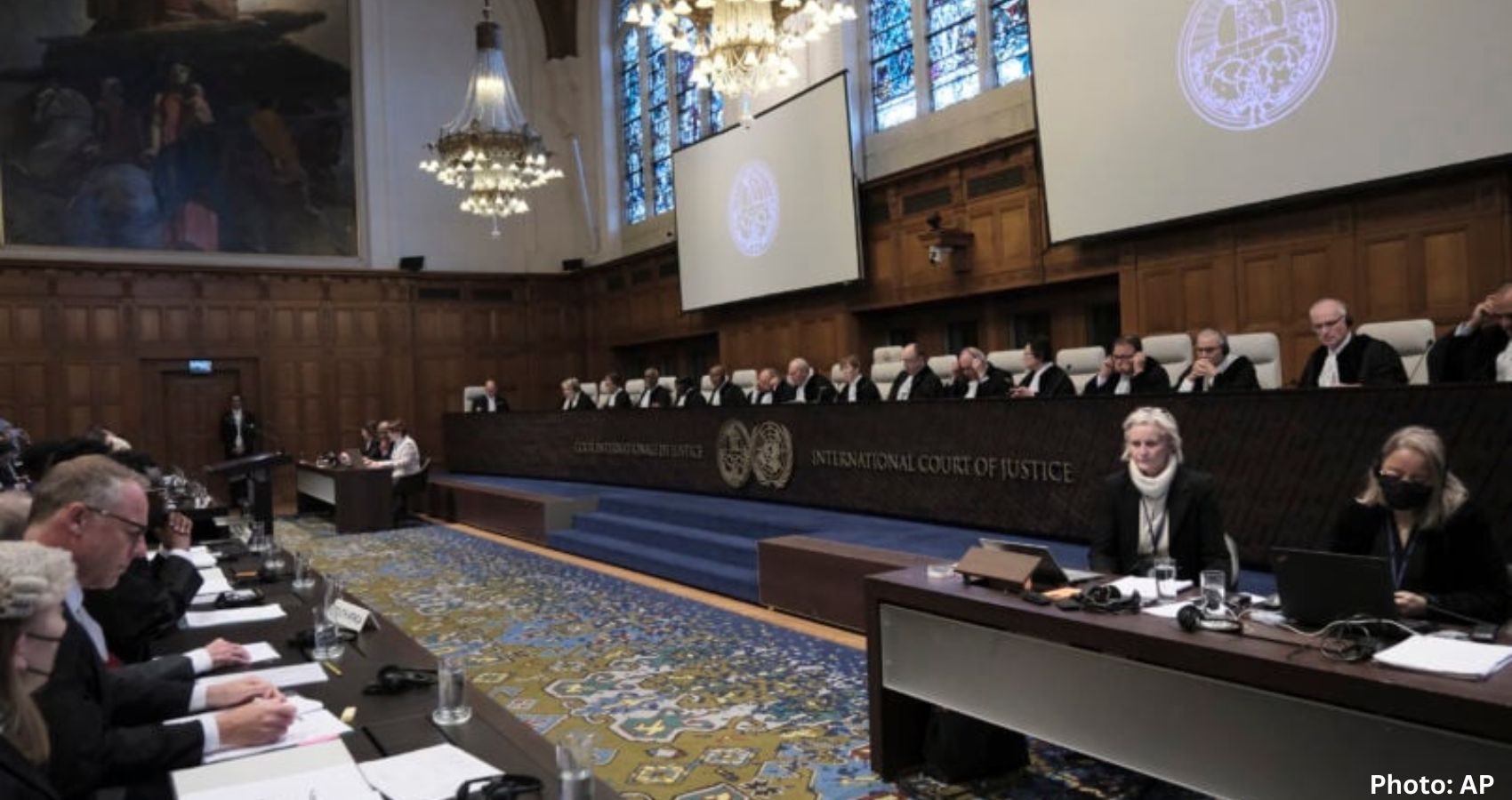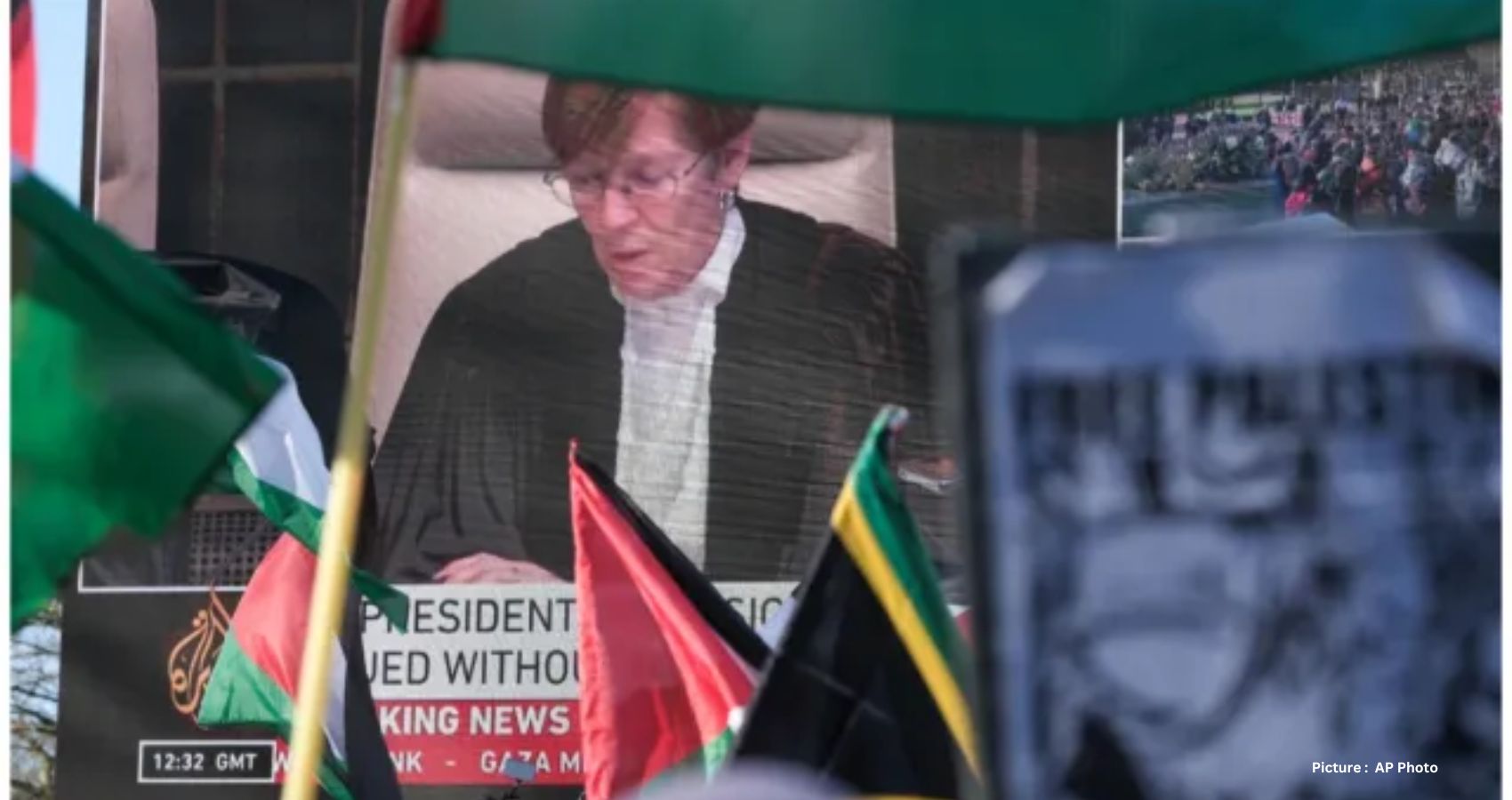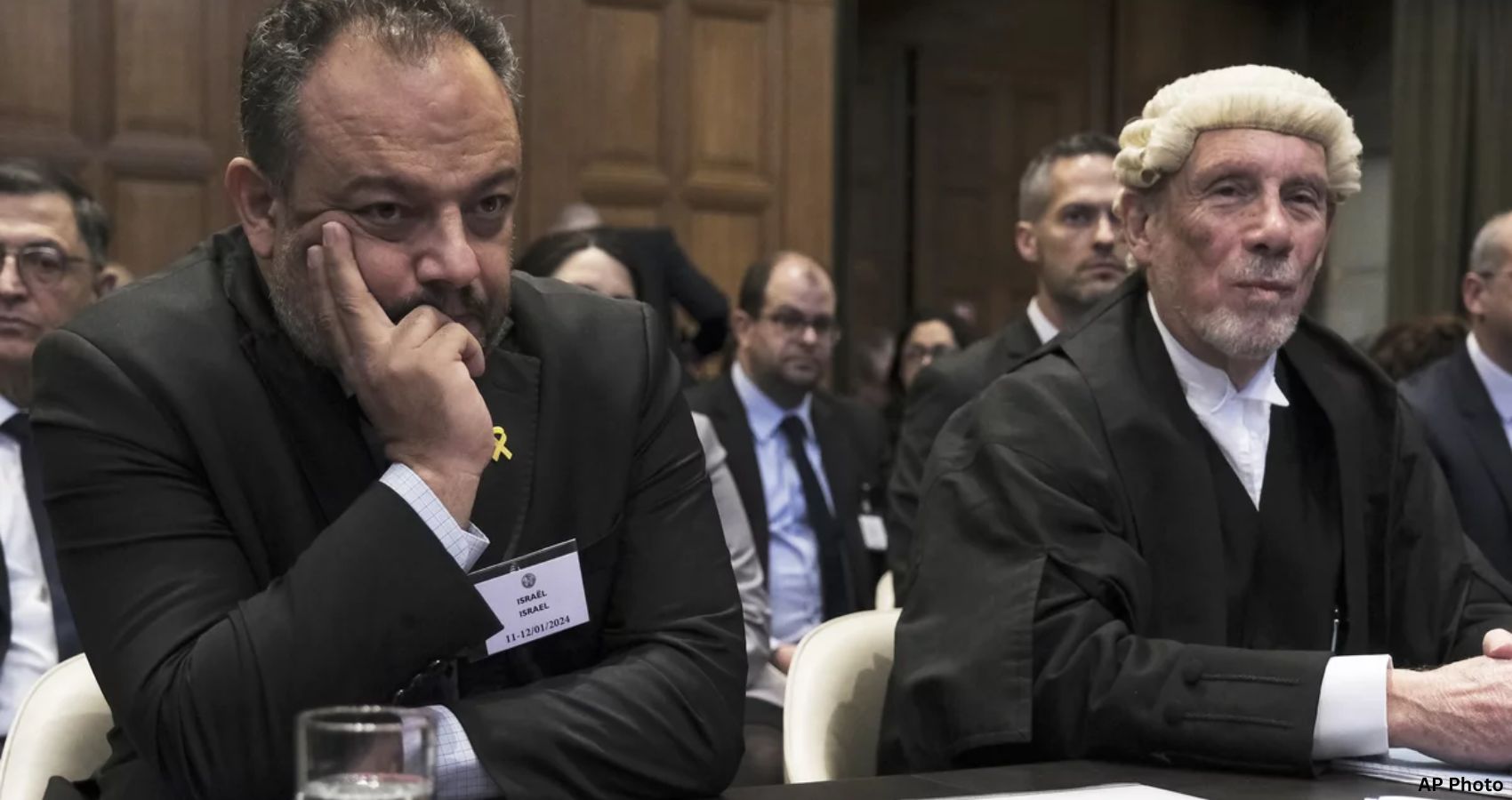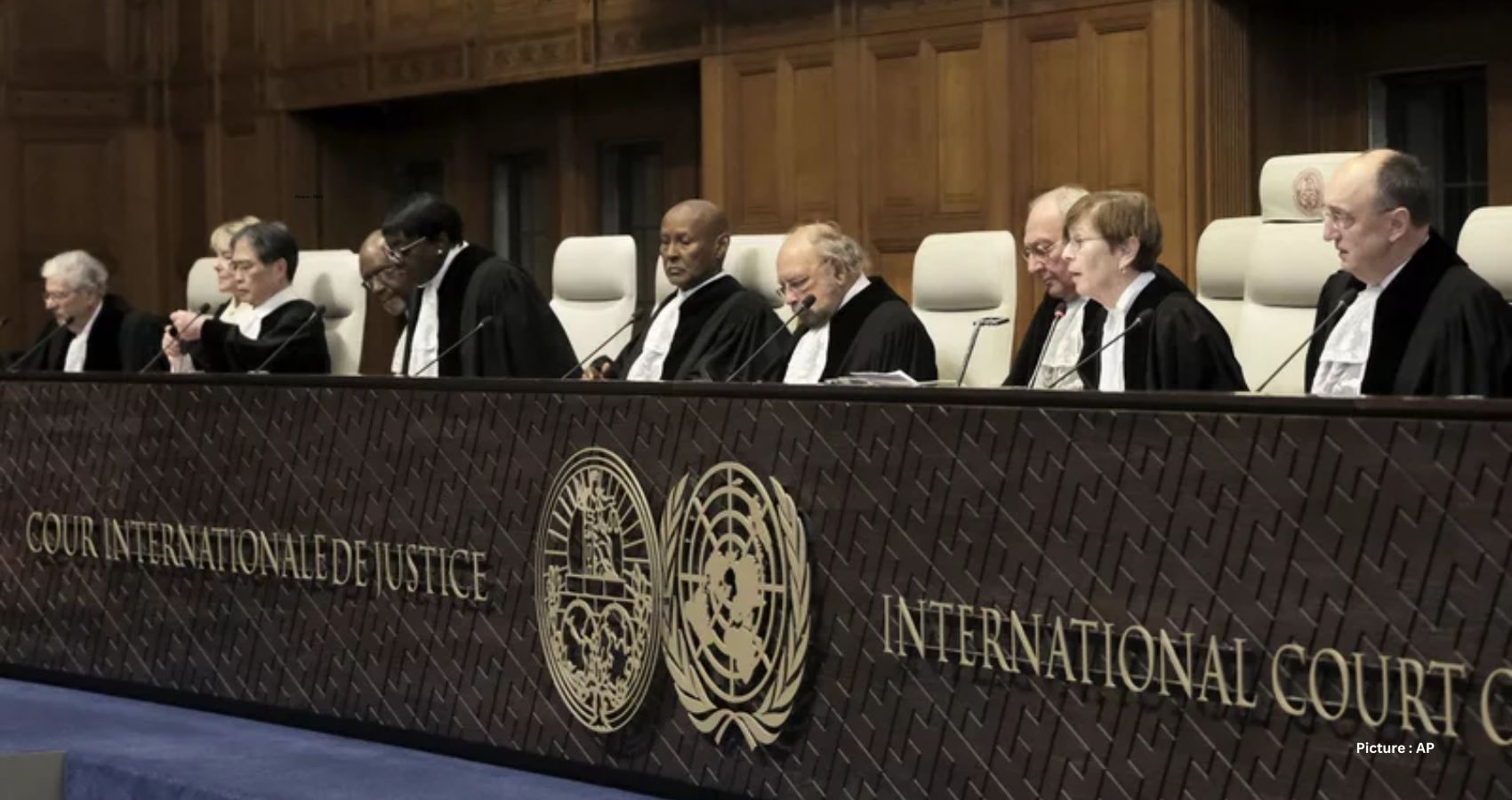The highest court of the United Nations on Friday issued a directive to Israel, urging it to take all possible measures to prevent fatalities, devastation, and any acts of genocide in Gaza. However, the panel refrained from mandating an end to the military offensive devastating the Palestinian territory.
Court President Joan E. Donoghue expressed profound concern over the ongoing loss of life and human suffering in the region. This ruling, arising from a genocide case initiated by South Africa, constitutes a significant censure of Israel’s conduct during wartime, escalating international pressure to cease the nearly four-month-long offensive that has resulted in over 26,000 Palestinian casualties and displaced around 85% of Gaza’s population.
Israeli Prime Minister Benjamin Netanyahu denounced the court’s willingness to address genocide charges as a lasting disgrace, vowing to persist with the war effort. The timing of the ruling, coinciding with International Holocaust Remembrance Day, amplified its impact.
U.N. Secretary-General Antonio Guterres emphasized the legally binding nature of the court’s decisions, expressing trust in Israel’s compliance. Former Israeli Defense Minister Benny Gantz urged a focus on prosecuting Hamas militants responsible for deadly attacks on Israeli civilians.
The court also called for the release of hostages still held by Hamas and urged international pressure on Israel to adhere to its directives. While most measures received overwhelming judicial support, Israeli Judge Aharon Barak endorsed two orders, emphasizing their potential to mitigate tensions and alleviate suffering.
Although legally binding, compliance with these provisional measures remains uncertain. Netanyahu affirmed Israel’s determination to defend itself, employing a more defiant tone in Hebrew for domestic audiences.
The court mandated Israel to prevent genocide and refrain from harming Palestinians, facilitate urgent humanitarian aid to Gaza, and address any incitement to genocide, among other measures. Israel is required tosubmit a report on its actions within a month, with potential consequences for non-compliance.
Legal experts anticipate years of proceedings to address South Africa’s genocide allegations fully. The U.N. Security Council is slated to convene to discuss the ruling’s implications.
In Israel, commentators expressed relief over the absence of a cease-fire mandate, which could have led to a clash with the U.N. Palestinians and their supporters welcomed the court’s decision as a step towards holding Israel accountable.
The U.S. reiterated its stance on minimizing harm to civilians, increasing humanitarian aid, and curtailing dehumanizing rhetoric but maintained that allegations of genocide are baseless.
The South African government hailed the ruling as implicating Israel in potentially genocidal actions, refuting Israel’s claims of compliance with international law.
While Israel often boycotts international tribunals, it sent a high-level legal team in recognition of the case’s gravity. The Health Ministry in Gaza, under Hamas control, reports a death toll without distinguishing between combatants and civilians, with a significant proportion being women and children.
Israeli military sources assert that a substantial number of casualties were Hamas militants. U.N. officials fear further loss of life due to disease and malnutrition, with a significant portion of Gaza’s population facing starvation.
Law professor Yuval Shany opined that the court’s decision, though concerning, falls short of Israel’s worst fears and is unlikely to significantly alter military operations.
The court’s ruling represents a significant condemnation of Israel’s actions in Gaza, adding pressure to cease hostilities and address humanitarian concerns, while legal proceedings are expected to continue in the coming years.





